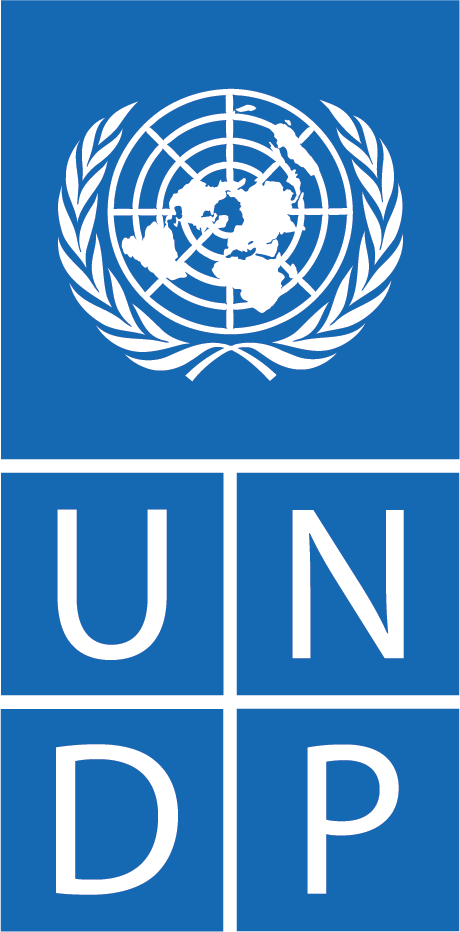Achieve gender equality and empower all women and girls
Empowering women and promoting gender equality is crucial to accelerating sustainable development. Ending all forms of discrimination against women and girls is not only a basic human right, but it also has a multiplier effect across all other development areas.
Since 2000, UNDP together with our UN partners and the rest of the global community has made gender equality central to our work, and we have seen some remarkable successes. More girls are now in school compared to 15 years ago, and most regions have reached gender parity in primary education. Women now make up to 41 percent of paid workers outside of agriculture, compared to 35 percent in 1990.
The Sustainable Development Goals aim to build on these achievements to ensure that there is an end to discrimination against women and girls everywhere. There are still gross inequalities in access to paid employment in some regions, and significant gaps between men and women in the labour market. Sexual violence and exploitation, the unequal division of unpaid care and domestic work, and discrimination in public decision making, all remain huge barriers.
Ensuring universal access to sexual and reproductive health, and affording women equal rights to economic resources such as land and property, are vital targets to realizing this goal. There are now more women in public office than ever before, but encouraging more women leaders across all regions will help strengthen policies and legislation for greater gender equality.
Gender equality is one of 17 Global Goals that make up the 2030 Agenda for Sustainable Development. An integrated approach is crucial for progress across the multiple goals.


